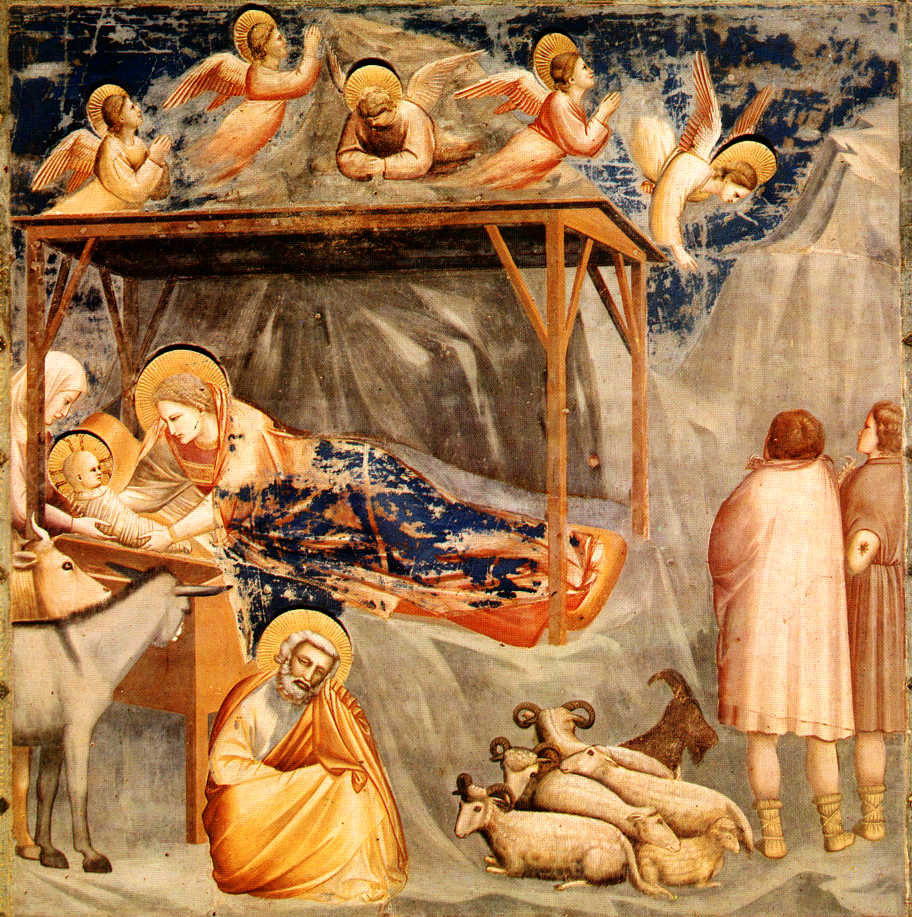
Christmas as an Overture
 Full disclosure: I have not really been in the Christmas spirit this year. In all honesty, I’m almost ready to completely give up on the holiday, totally skip it. Christmas used to be exciting for me; the religious significance was especially important to me. But as of late, it simply does not have the same meaning.
Full disclosure: I have not really been in the Christmas spirit this year. In all honesty, I’m almost ready to completely give up on the holiday, totally skip it. Christmas used to be exciting for me; the religious significance was especially important to me. But as of late, it simply does not have the same meaning.
Thankfully, in recent years, I have learned to think about Christmas in a slightly different way, a way that really does prove Christmas to be a hopeful, significant, proclamational gift to the world.
In his book The First Christmas, Bible Scholar, John Dominic Crossan describes how each of the four Gospels have a unique overture, a prelude, a preface, that sets forth the purpose and scope of what is to follow. Crossan observes how “Mark’s overture tells the story of John the Baptist’s mission and arrest as overture to that of Jesus,” and how “John’s overture is a magnificent hymn to the Logos of God, Word made Flesh.”Matthew and Luke, however, both chose a birth story as a parabolic overture to their own stories of Jesus.
Essentially what Crossan and his co-author suggest in their book is that the two infant stories in Matthew and Luke, contain in miniature the full gospel story.
This from Pastor Bob Cornwall’s review of the book:
“In this retelling of the story of Jesus, we discover the parallels and the contrasts. In many ways Matthew portrays Jesus as the New Moses – the new law giver, for like Moses Jesus is rescued from the murderous king. In Matthew Jesus goes down to Egypt to escape Herod’s wrath; in Exodus Moses leads the people out of Egypt. But in both cases the lead actor is spared so as to save his people from the hand of the tyrant. Luke on the other hand, sees Jesus in contrast to Caesar Augustus, who also is acclaimed as son of God (Apollo) and Savior. We also see in these first two chapters many of the emphases of Luke’s gospel – his emphasis on women (Mary, Elizabeth, and Anna figure prominently), an emphasis on the poor and the marginalized (the shepherds), and on the Holy Spirit.”
Crossan points out that in order to understand these stories, it is important to understand both the Roman and Jewish historical context–once we do, we quickly begin to see that imperialism plays a major role. This story tells a tale of two opposing kingdoms: the Kingdom of Rome and the Kingdom of God. Both promise peace, but one is byway of victory through violence and the other through non-violent justice.
I have found new hope and joy in the Christmas story. The Christmas story proclaims to me that peace does not come through violence. Violence, if we’re lucky, will provide a lull until the next round of fighting begins (which is usually more intense). Jesus teaches that a new way of living and new way of being human is possible, and that peace on Earth will come through justice, which means everyone must have a fair and equitable share of a world that belongs to God.
Merry Christmas!
0 Comments